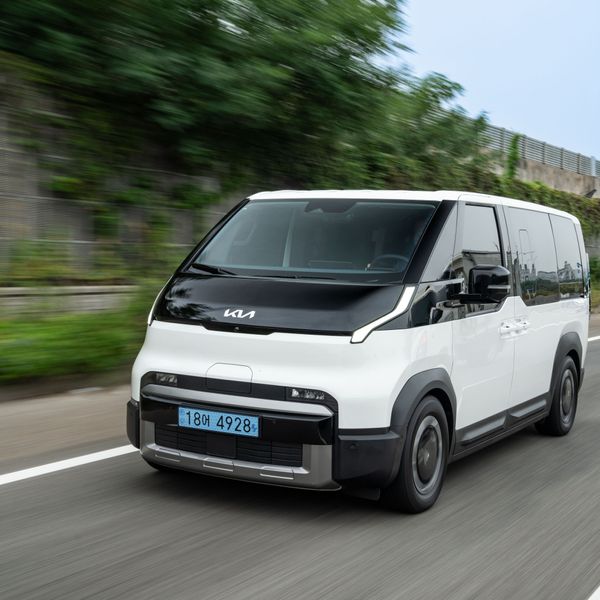ServCity, a consortium project backed by Nissan and supported by the UK Government has demonstrated how advanced autonomous drive technology in complex urban environments can work using a Leaf electric car fitted with various advanced systems driving around London.
Following three years of research and more than 1,600 autonomous test miles driven, Nissan has worked alongside consortium partners to prove how advanced autonomous vehicle technologies can be incorporated in the city infrastructure. The project also explored how cities could deliver a “Robotaxi” style service in the future for the benefit of city residents and commuters.
Built upon a Nissan LEAF, the ServCity connected and autonomous vehicle (CAV) has successfully completed increasingly challenging validation trials on the roads of London, connected to the Smart Mobility Living Lab in Greenwich.
The infrastructure can detect an object which is not within sight of the vehicle (e.g. around a corner or in the distance) and inform the car so that it can manoeuvre to ensure smooth traffic flow.
This project, as with all the previous CAV development projects backed by UK Government funding, is an important means of giving people the confidence that CAVs are safe to introduce on UK roads as well as having a demonstrable benefit to society.
David Moss from Nissan said: “Through our world-class R&D base in Cranfield in the UK, Nissan is continuously innovating to bring cutting-edge, purpose-driven technologies that benefit our customers. ServCity’s achievements contribute to our efforts to usher in a future where we hope to see zero fatalities on the road while providing customers with the added comfort and convenience that come from advanced autonomous drive technologies.”
Transport Minister Jesse Norman said: “The Government has invested £7million in this project to be at the forefront of innovation. Since then, ServCity has proven key to answer the practical questions of how to integrate self-driving vehicles into cities for the public good.”












